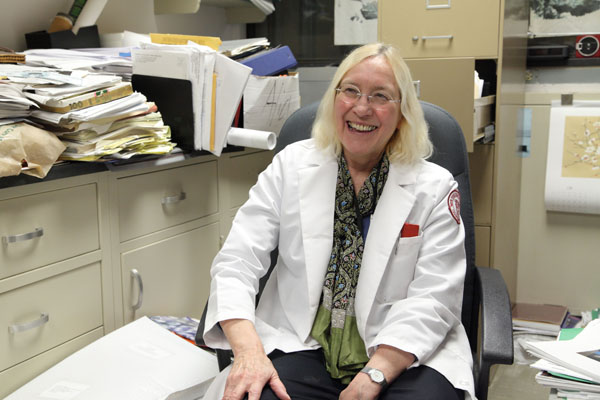State legislators revealed their ideological differences over Gov. Dannel P. Malloy”™s economic policies and the role of government in supporting business at a March 19 breakfast hosted by the Business Council of Fairfield County.
While the panelists agreed on the need to assist small firms and the effectiveness of programs like the Small Business Express loan program as a means of creating jobs, the three speakers were split when it came to larger initiatives, such as a proposal to invest $1.5 billion in the University of Connecticut over 10 years and Malloy”™s “First Five” and “Next Five” incentive programs.
“I believe this needs to be a private resurrection, not a government resurrection,” said state Rep. Larry Cafero, the House Republican leader. “That”™s a philosophical difference.”
Cafero, whose district includes Norwalk and New Canaan, suggested Malloy has attempted to spend his way out of the recession to create more temporary jobs. The UConn investment, which would provide funding over 10 years to increase the school”™s enrollment and caliber of research and academic programs, is twice as much as what school administrators requested, Cafero said.
Likewise, state Sen. John McKinney, the Senate minority leader, questioned why UConn would move its West Hartford campus to Hartford when the state is still paying off the debt from improvements to the existing campus. McKinney represents Easton, Fairfield, Newtown, Weston and Westport.
“No analysis has been done by the governor or the legislature as to ”˜What does it mean for the annual operating costs to the University of Connecticut?”™ (and) ”˜What does it mean to our long-term pensions?”™” McKinney said. “We need to ask those questions.”
In defense of the proposal, state Rep. J. Brendan Sharkey, a Hamden Democrat and speaker of the House of Representatives, said the investment into UConn would support the state”™s growing bioscience sector. Sharkey said it would also help UConn to become less dependent on the state government”™s support in the future, as the investment would provide additional sources of revenue for the school.
Joseph McGee, vice president of policy for the Business Council and moderator of the event, which was held at the Stamford Plaza Conference Center, said the proposed improvements to the Stamford campus would help attract young talent to the area and fill the demand for skilled workers in the fields of risk management and digital media.
The panelists agreed that the state”™s relationship with small businesses was improving, as evidenced by the state”™s loan and grant programs. However, McKinney said the state could do more to level the playing field when it comes to small and big businesses.
He criticized an agreement struck by Malloy to offer $115 million in state grants, forgivable loans and tax credits to Bridgewater Associates L.P. ”“ one of the world”™s largest hedge funds ”“ in exchange for the firm pledging to stay in Connecticut while creating additional jobs.
Bridgewater Associates, which is currently based in Westport, is building a new, $750 million headquarters in Stamford.
McKinney said the deal was an insult to small businesses ”“ a major source of job creation ”“
especially when small business owners are struggling to make ends meet.
“That”™s missing the point,” McKinney said. “Spending hundreds of millions of dollars to move companies from one town in Connecticut to another is not focusing on what we do well. There are times where the deals work. ”¦ But the better way is to level the playing field, lower taxes and improve the infrastructure system and let everyone do well.”
Sharkey said it would be possible to criticize the specifics of any of the governor”™s economic development programs from the past two years, but said it was important to note the progress the state has made in adding jobs, retaining businesses and drawing new businesses and new job-creation commitments.
“It”™s not going to happen overnight,” he said. “(But) small businesses are finally feeling like the government gets their concerns.”




















